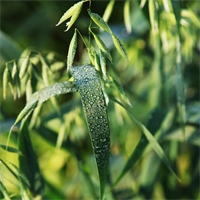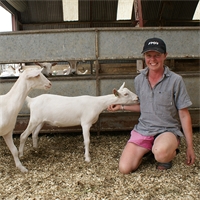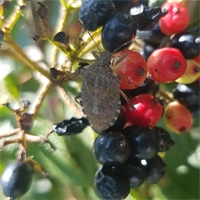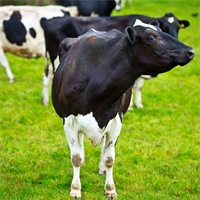28May
Making positive changes on farm
Words supplied by Agricom
Changing milking frequency from twice a day to once a day or going to 16 hours isn’t hard, but it requires a change in mindset. Introducing Ecotain® environmental plantain into a farm system is the same.
For many years’ farmers have made re-grassing decisions based on production, persistence and pasture quality. While this remains true, now is the time to also consider using forages that will reduce nitrate leaching.
Having a focus on environmental impact including nitrate leaching should be at the forefront of re-grassing decisions as agriculture very quickly moves into a new era of environmental compliance.
Ecotain offers many benefits; it will enhance forage diversity and pasture quality, while also delivering significant proven nitrate leaching reductions. In the near future this will be recognised by models and regulatory agencies as a mitigation tool.
Ecotain is the only plantain scientifically proven to work in four independent ways. While the science behind Ecotain is important, it’s the integration into a farm system that is paramount. Therefore, there are several considerations to be aware of before using Ecotain.
Ecotain is best sown in with a new pasture from the outset as some reductions in N-leaching can start from the first grazing. Aiming for 30% of the sward is a good starting point, while still recognising the important contribution that clovers and grasses provide for milk production and animal health. Opting to leave Ecotain out at establishment can make it more challenging to establish later, as competition from a productive pasture will challenge the young seedlings establishment and vigour.
It is recommended to start by adding 3-4 kg/ha of Ecotain in with a full pasture mix. It is important to add it on top of your planned mix and not substitute it for ryegrass or clover. If a substitution approach is taken, it is worth recognising that weed control can be more problematic and there is a need to reduce the sowing rate of Ecotain to compensate for less grass and clover in the overall mix. For example, if a sowing rate of ryegrass is reduced to 16 kg/ha, the Ecotain should also be reduced to 2 kg/ha instead of 3-4 kg/ha.
Weeds in Ecotain based pastures can be controlled using various techniques. The most popular among farmers is to use stocking rate and grazing pressure early in the life of a new pasture. Soil fertility is also an important part to get right. If anything is limiting (particularly nitrogen), establishment can take considerably longer and give rise to weed pressure. In the event of high weed pressure pastures can be proactively topped. One of the merits of this technique is that it comes with little cost and is more environmentally friendly.
Pastures containing Ecotain are generally more resilient than straight rye/clover mixes as the diversity adds quality and growth through warm summer conditions. While it is not often considered a drought tolerant species, it is very fast to respond to rainfall through autumn.
For more information on Ecotain talk to your local Ruralco Representative.
Related

Catch crops, commonly referred to as cover crops are nothing new. Already used extensively in croppi...
Read More

For a 26 year old Sam Juby has done much with her life, and her biggest challenge yet awaits as she ...
Read More

A battle being waged between scientists and the Brown Marmorated Stink Bug. The voracious pest first...
Read More

Fantastic camaraderie, lots of deals being done, and great attendance rates were a winning formula f...
Read More

There are number of diseases carried by livestock that can affect humans. These include leptospirosi...
Read More

From pressure cooking to slow cooking, sautéing to yoghurt making, the Instant Pot Duo Plus is your ...
Read More